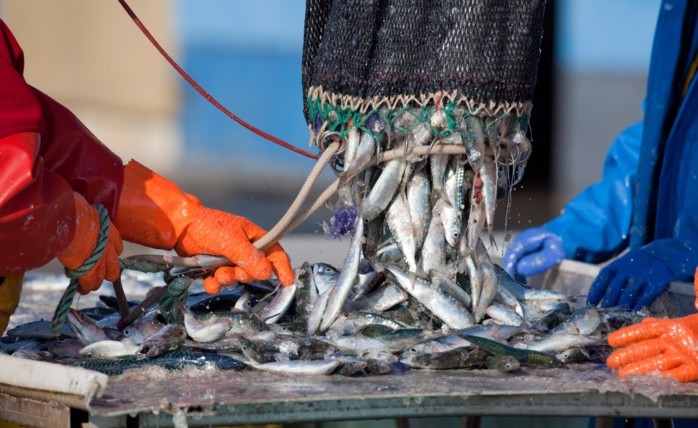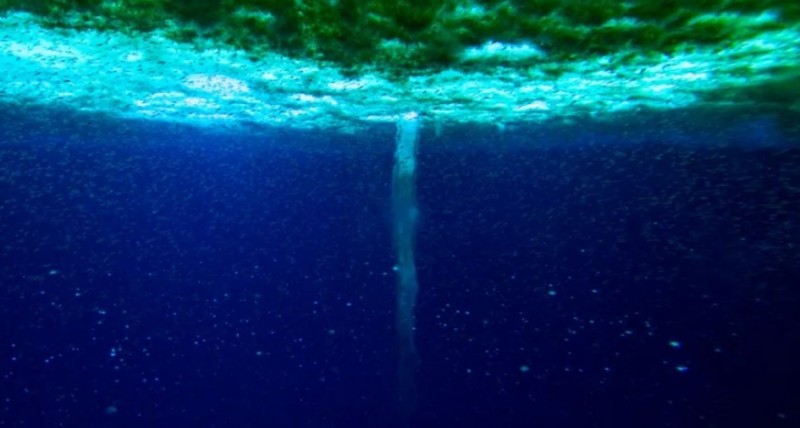Negotiators from the European Parliament and the Council have reached an informal agreement to extend the existing ban on oil spills from ships to include wastewater and garbage.
On Thursday, EU co-legislators agreed, on a preliminary basis, to update European rules on the prevention of pollution caused by ships in European seas and to ensure that offenders face fines.
Expanding the Ban on Ship Dumping
According to the agreement, the current list of banned substances for discharge from ships, such as oil and harmful liquid substances, will now also include the discharge of wastewater, garbage, and residues from scrubbers.
Members of the European Parliament have secured the obligation for the EU to review the rules five years after their transposition into national law to assess whether marine plastic waste, container loss, and plastic pellet spills from ships will also be subject to sanctions.
Tighter Monitoring
MEPs have ensured that EU countries and the Commission provide more information on pollution incidents, best practices for combating pollution, and follow-up measures, following alerts from the European satellite-based system for detecting oil spills and ships, CleanSeaNet. To prevent illegal spills from dispersing and thus becoming undetectable, the agreed text provides for the digital monitoring of all CleanSeaNet alerts with a high degree of confidence and the verification of at least 25% of them by the competent national authorities.
Effective Sanctions
EU countries will have to provide effective and deterrent fines for ships that violate these rules, while criminal penalties have been addressed in separate legislation that MEPs already approved with EU governments in November last year. According to the preliminary agreement, EU countries must not set sanctions at such a low level that they would not ensure their deterrent effect.
Quote
Rapporteur Marian-Jean Marinescu (PPE, RO) said: « Ensuring the preservation of our seas requires not only legislation but also rigorous enforcement. Member States must not shirk their duty to safeguard our marine environment. We need a concentrated effort, using cutting-edge technologies such as satellite monitoring and on-site inspections, to effectively eliminate illegal discharges. Sanctions must reflect the seriousness of these offenses, acting as a real deterrent. Our commitment is clear: cleaner seas, stricter accountability, and a sustainable maritime future for all. »
Next Steps
The preliminary agreement still needs to be approved by the Council and the Parliament. EU countries will have 30 months to transpose the new rules into their national law and prepare for their implementation.
Background
The agreement on the revision of the directive on ship pollution is part of the maritime security package presented by the Commission in June 2023. The package aims to modernize and strengthen European maritime rules on safety and pollution prevention.




